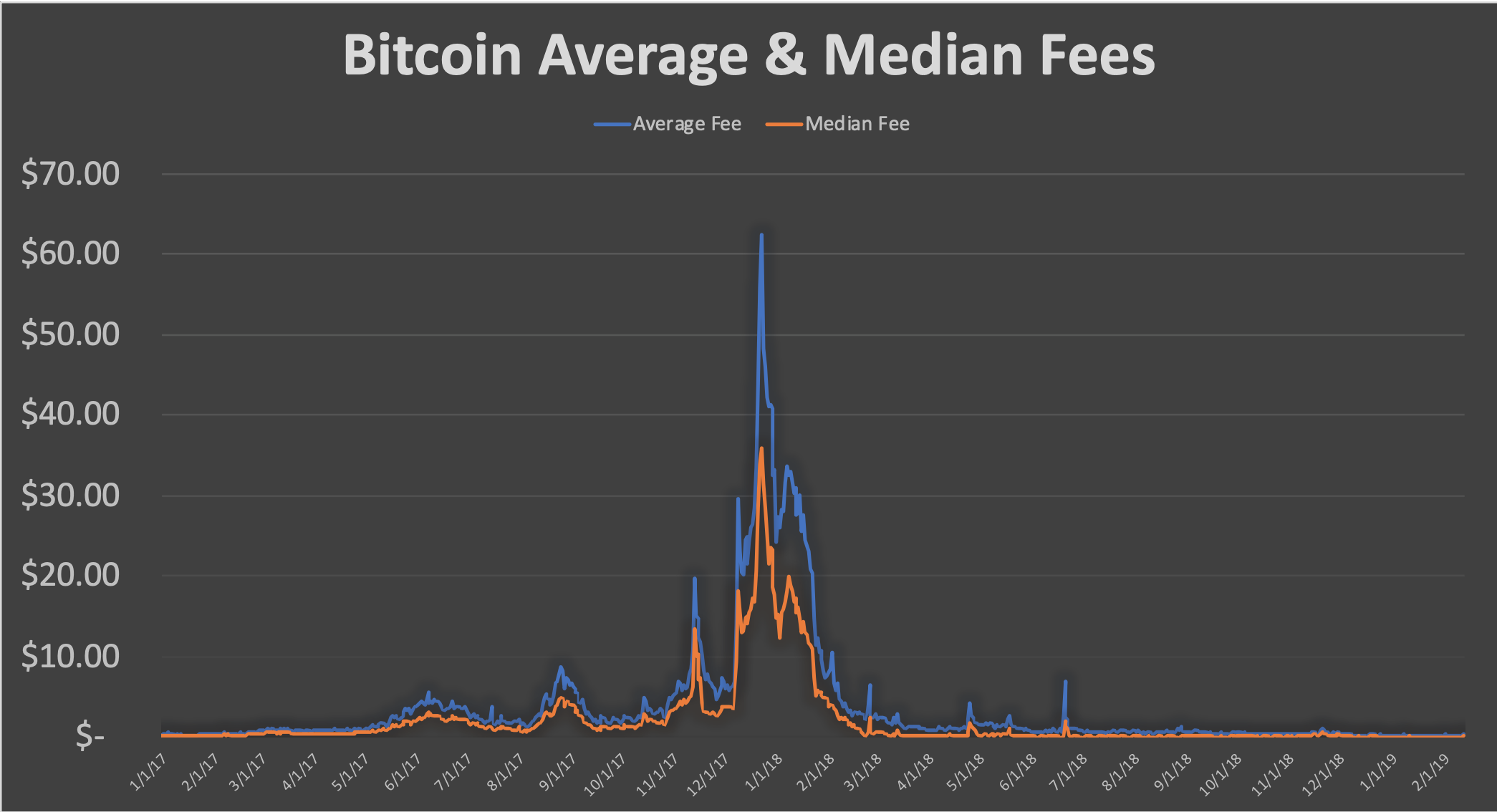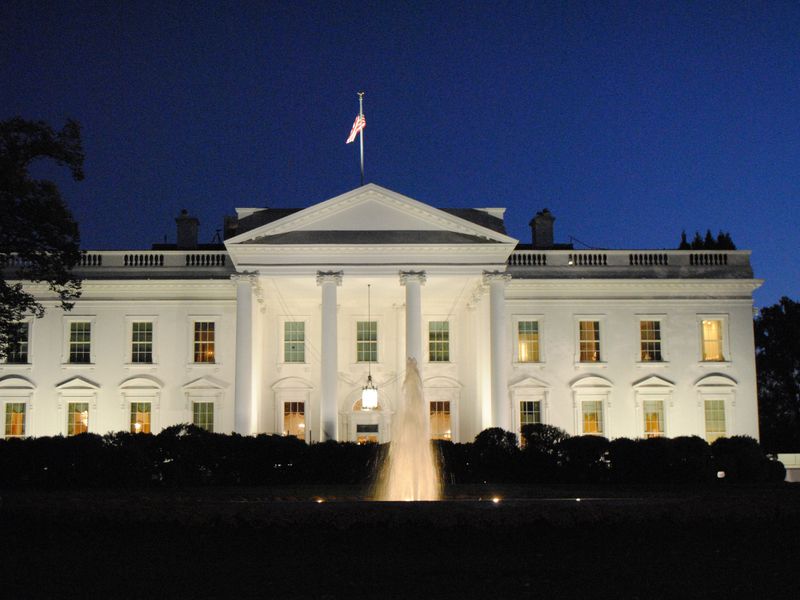Why Crypto Investments Are Less Vulnerable to US-China Tensions
Why Crypto Investments Are Less Vulnerable to US-China Tensions
With U.S.-China tensions continuing to burn, some investors are feeling the heat.
Friction between the world’s two largest economies has taken a toll on venture funds investing in non-crypto startups. Investment in the blockchain industry, however, may be less affected. Crypto companies’ unique fundraising processes and decentralized nature provide some protection from geopolitical risks, according to China-focused crypto and blockchain investors.
The Trump administration recently sanctioned Chinese officials because of Hong Kong’s new security law. Separately, the U.S. warned the global community against using Chinese technology and tried to force Chinese companies to sell parts of their business. Other western countries are beginning to follow suit. China has kicked out major American media outlets and closed the U.S. Consulate in Chengdu.
China-focused venture funds have seen low capital inflow due to investment restrictions on U.S. pension funds, while Chinese companies will have to go through a more rigorous vetting process if they wish to go public on Nasdaq or New York Stock Exchange in the U.S. This tightening comes on top of the COVID-19 pandemic, which has already taken a toll on cross-border investment.
Six U.S.-dollar funds with investments in China have looked to raise capital this year compared to 21 last year. The State Department has asked U.S. universities and colleges to divest their Chinese holdings due to stricter scrutiny from the Trump administration and potential delisting of all Chinese companies on U.S. exchanges. The warning came on the heels of a ban on Chinese short-video platform Tik Tok and Tencent’s messaging app WeChat.
While it is difficult to obtain comprehensive data on the scope of U.S.-China crypto investment, there have recently been a few notable deals. Jump Trading, a U.S.-based security and cryptocurrency market maker for Robinhood, announced Thursday it would invest in decentralized exchange Serum, which has a large presence in Hong Kong. California-based funds Paradigm and Pantera led a $28 million Series A round in Hong Kong crypto startup Amber Group in February. Meanwhile, Hong Kong-based blockchain investment firm Hashkey participated in crypto lender Blockfi’s $50 million Series C in August.
Due to more lenient regulations on crypto trading and financial convenience in Hong Kong, some Chinese crypto and blockchain funds and crypto firms are based there rather than in mainland China. Companies might headquarter themselves in Hong Kong to take advantage of its regulatory regime and status in the financial world, when they are actually from, or subsidiaries of companies in, mainland China.
Decentralization
The White House recently directed a retirement savings fund to stop investing in Chinese companies, citing threats to national security. But these restrictions don’t necessarily pose a threat to crypto startups.
“A pension fund might find a hard time in allocating assets but it is a broad phenomenon that those funds do not invest in crypto regardless of the U.S.-China relations,” says Haseeb Qureshi, managing partner at Dragonfly Capital Partners, an Asia-focused crypto venture capital based in San Francisco.
Typical institutional investors for crypto and blockchain funds are crypto exchanges and the investment firms that don’t receive capital for large pension funds or endowments, Qureshi said.
Decentralized ownership structure makes crypto projects immune to geopolitical risks, said Sharlyn Wu, chief investment officer at Huobi, one of the largest crypto exchanges by volume in the world.
“Community-driven projects, especially the decentralized fiance protocols such as YFI, have a tendency to [avoid] venture capital firms,” Wu said.
Venture funds normally take a stake in a firm and help it grow its business, something not possible with decentralized projects, Wu said.
“However, crypto is about the decentralized network and you can’t really track down a particular group of people in a country,” she said.
National pride
Western crypto projects often appeal to Chinese investors.
“Historically, there are relatively more innovative crypto projects from the West in general and these projects would attract investment from the East where they tend to have more liquidity,” said Omer Ozden, CEO of RockTree Capital, an investment firm with a focus on blockchain technology in Asia.
“Chinese crypto investors are very enthusiastic and active, reflecting the FOMO (Fear of Missing Out ) phenomenon.”
But in China, political tensions occasionally bleed into the business sphere. If Chinese investors start favoring homegrown projects, that could spell trouble for U.S. crypto projects.
“The tension in some way increases the viability of the Chinese crypto teams,” Qureshi said. “In part it means there would be more willingness within China to support some of the homegrown Chinese projects.”
There have been a slew of incidents where foreign companies have faced Chinese nationalist wrath because of political events.
In 2008, Chinese consumers protested French supermarket chain Carrefour when pro-Tibet Independence protestors snatched the torch during the Olympic relay in France. Last October, the National Basketball Association (NBA) took heat from China because of a tweet from Daryl Morey, the general manager of the Houston Rockets, who posted an image that supported protesters in Hong Kong.
While crypto is not fully shielded from political controversy, it helps that startups are not necessarily associated with one particular country. The crypto community is decentralized and global from the get-go and it is unlikely that it will be affected for geopolitical reasons, Wu said.
“If your project is genuinely innovative, it will transcend beyond culture and languages,” she said.
Strategic technology
One of the reasons why the U.S. wants to ban TikTok and WeChat is because they have so much data from American users. Permissionless blockchains, by contrast, aim to avoid the problem of honeypots of personal data.
“The Committee on Foreign Investment in the United States (CFIUS) has not touched crypto,” Qureshi said. “On a broader level, the U.S. just doesn’t see crypto or blockchain in particular as a strategic threat and we have pretty much shielded from any of that nonsense.”
Even if there is a massive amount of data on a decentralized public blockchain, such projects decrease the reliance on one company, such as Facebook or Tik Tok.
“You don’t need to trust anyone and you can just trust the code,” Wu said. “The code is open-source and on-chain. Everyone can check it out.”
However, there are limitations on this decentralization, even for public blockchains. Some of the platforms will need to store their users’ data through centralized cloud service providers such as Google Cloud, Amazon Web Services and Alibaba Cloud, which are subject to potential government surveillance. A government could also shut down a blockchain-based platform by cutting its Internet services in the country.
Enterprise blockchain
Compared to public decentralized blockchains, enterprise blockchains led by particular entities are more vulnerable to geopolitical tensions.
Any centralized businesses, including those that develop enterprise blockchain, are subject to local regulatory and legal requirements as much as any other regular tech firms, Wu said.
Enterprise blockchain, which is also called permissioned or private blockchain, has been widely used for data management such as record tracking, and comes with smart contracts that enable automated financial services transactions. They are typically governed by a small group of companies and only a handful of people have access to the data stored on-chain.
Various tech conglomerates have developed their own enterprise blockchains, including IBM-backed Hyperledger, Ablibaba’s Ant Chain and Baidu’s XuperChain. The Chinese government is a major supporter of permissioned blockchain technology, and the Beijing municipal government recently launched a blockchain-based platform. Supported by Huawei Cloud, it will be able to manage data ranging from medical records to property registration.
Although Chinese enterprise blockchain technology has not yet met with any political resistance for U.S. legislators, experts warned those projects will face higher policy risks if they achieve mass adoption and gather more user data in the future.
For example, the state-sanctioned blockchain infrastructure project Blockchain-Based Service Network (BSN), uses American cloud services providers such as Amazon Web Services and Google Cloud to store data for the global version of its network. It smoothly rolled out operation in August.
Disclosure
The leader in blockchain news, CoinDesk is a media outlet that strives for the highest journalistic standards and abides by a strict set of editorial policies. CoinDesk is an independent operating subsidiary of Digital Currency Group, which invests in cryptocurrencies and blockchain startups.









